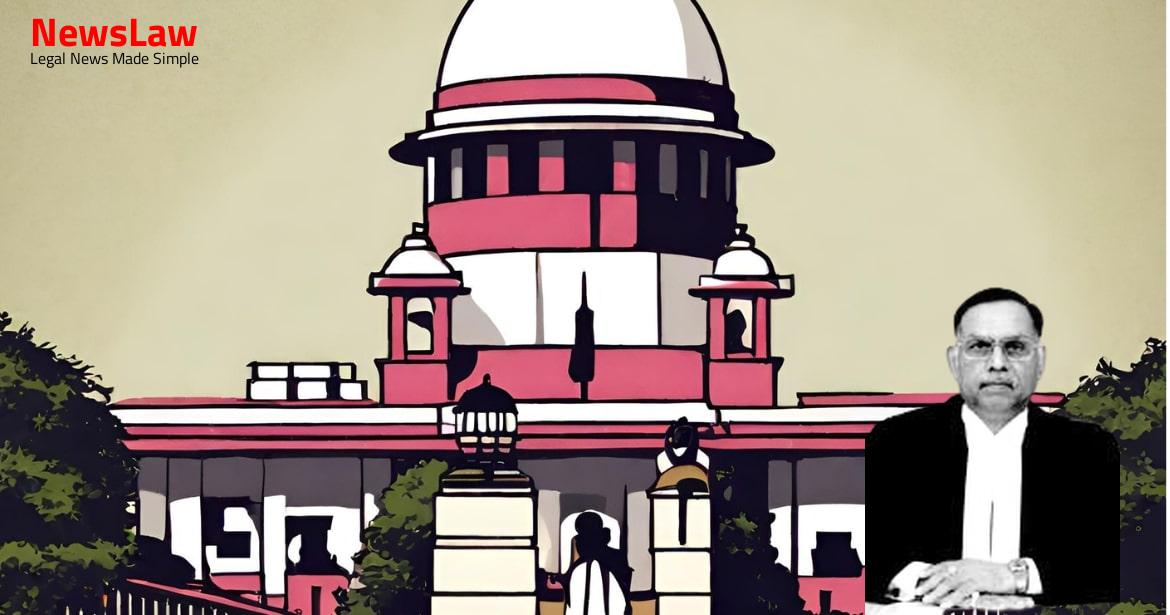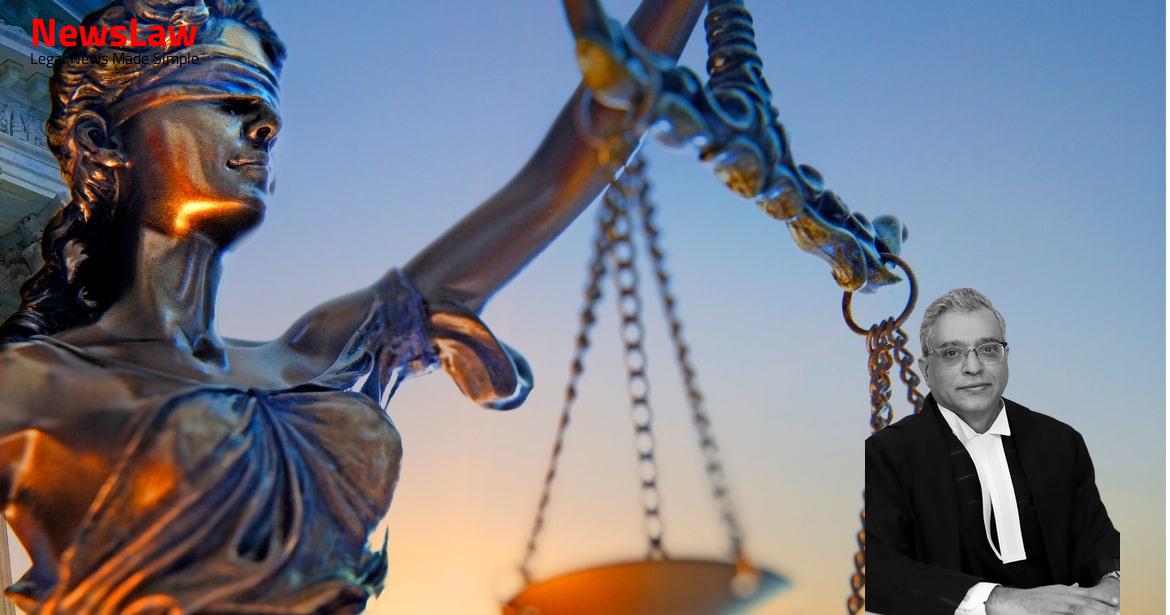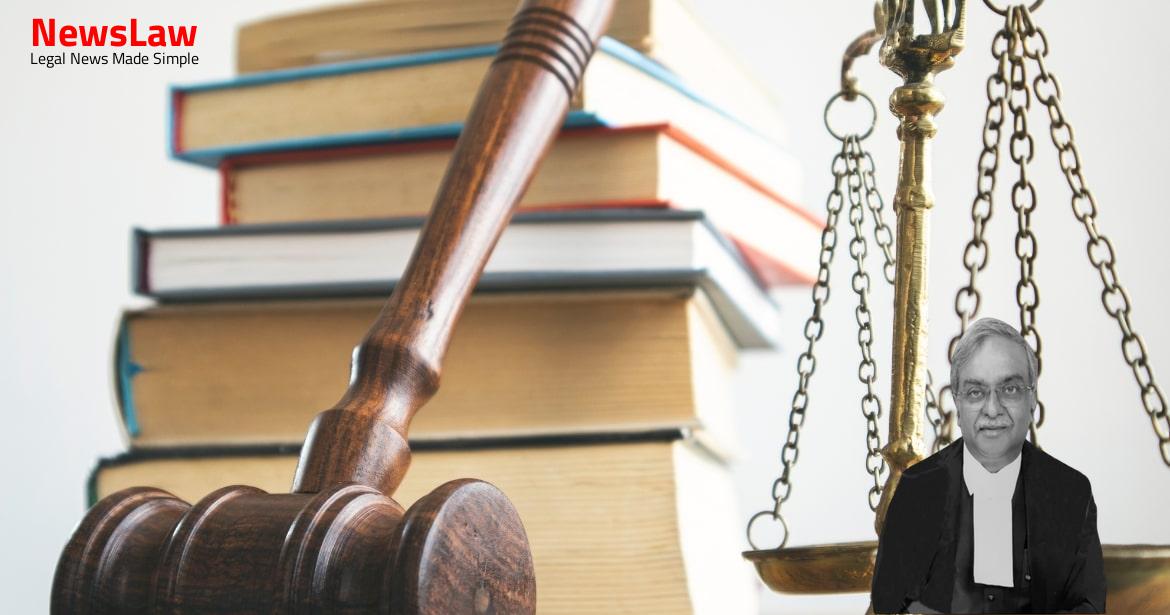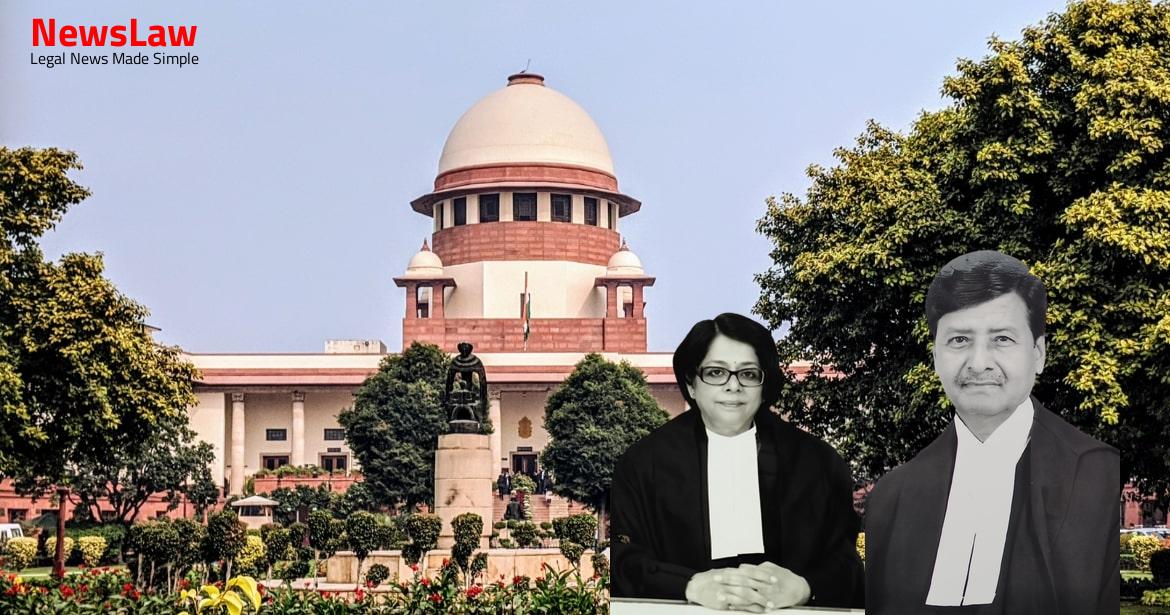In a significant legal development, the Court delves into the depths of judicial review concerning the rejection of a presidential mercy petition. This case highlights the crucial role of the judiciary in scrutinizing executive decisions, focusing on considerations of relevance, application of mind, and adherence to constitutional duties. Stay tuned to unravel the complexities of this case and understand the intricate legal analysis undertaken by the Court.
Facts
- The petitioner, Vinay Sharma, has filed a writ petition challenging the rejection of his mercy petition by the President of India.
- The grounds for seeking commutation of his death sentence include non-furnishing of relevant materials under the RTI Act, non-consideration of relevant material, torture, mental illness, consideration of irrelevant material, and illegal solitary confinement.
- The petitioner is a death-row convict in the Nirbhaya case related to the gang rape of the victim in Delhi in December 2012.
- The trial court convicted the petitioner and other co-accused under various sections of the IPC and imposed the death sentence on them.
- The High Court confirmed the conviction and the death sentence imposed on the petitioner and co-accused.
- The challenge in the writ petition is the rejection of the mercy petition by the President of India on 01.02.2020.
- Dr. A.P. Singh approached the concerned authorities under the RTI Act but did not receive the relevant records or any reply to his application.
- The Supreme Court confirmed the conviction and death sentence of the petitioner and co-accused in the Mukesh and Another v. State (NCT of Delhi) case.
- The review petition and curative petition filed by the petitioner were dismissed by the Supreme Court on 09.07.2018 and 14.01.2020, respectively.
- Execution warrant was issued by the Sessions Court on 07.01.2020 and a fresh warrant was issued on 14.01.2020 after the rejection of co-accused Mukesh’s mercy petition.
- Petitioner filed a mercy petition to the President of India on 29.01.2020, which was rejected on 01.02.2020.
- The trial court and the High Court awarded the death sentence based on detailed reasonings that the incident fell under the category of ‘rarest of rare cases’.
- The criminal revision petition filed by the Union of India was disposed of by the High Court on 05.02.2020.
Also Read: Judgment on Service of Summons and Authenticity of Power of Attorney
Arguments
- The petitioner’s argument revolves around the contention that relevant materials, including the Social Investigation Report and the petitioner’s poor background, were not considered by the President of India
- Allegations of torture, illness, and illegal solitary confinement of the petitioner were raised by the counsel, claiming a violation of rights under Article 21 of the Constitution
- The petitioner’s counsel also highlighted discrepancies regarding the file processing and the alleged lack of signatures on the relevant file by the Lieutenant Governor and Home Minister of NCT Delhi
- Request for access to the original file under the Right to Information Act was made but not fulfilled, questioning the transparency of the process
- Arguments were presented regarding the mental illness of the petitioner and the necessity of proper medical care as per Delhi Prisons Rules and international conventions
- The solicitor general countered the claims, stating that the President’s decision is subject to limited judicial review and that the petitioner’s contentions do not meet the grounds for review
- The solicitor general emphasized that the relevant documents were indeed considered in the mercy petition process and urged for the dismissal of the writ petition
- The petitioner has been in solitary confinement for one year
- The petitioner argues bias due to statements made by Ministers pre-judging the outcome of the mercy petition
- The public statements made by Ministers do not influence the ‘aid and advice’ given by the Council of Ministers to the President
- The President considered all relevant materials before rejecting the mercy petition
- The petitioner’s curative petition was dismissed on 14.01.2020
- Relevant documents and materials as required were not placed before the President of India
Also Read: Jurisdiction of Family Court in Cases under Muslim Women’s Protection Act
Analysis
- Under Article 161, the Governor has the power to give relief to any person convicted of an offence within the State’s executive power.
- Article 72(1)(c) allows the Governor to commute sentences, including death sentences.
- Article 72 gives the President the power to grant pardons, reprieves, respites, or remissions of punishment, as well as to suspend, remit, or commute sentences.
- Both Articles 72 and 161 vest the power of the People in the highest dignitaries i.e. the President or the Governor of a State with no words of limitation indicated in either of the two Articles.
- The power under Articles 72 and 161 can be exercised independently of the judiciary, allowing a fresh examination of evidence.
- The power to grant remission of sentence is an act of grace and humanity in appropriate cases and is distinct, absolute, and unfettered in nature.
- The power of pardon is essentially an executive action to be exercised in aid of justice and not in defiance of it, being a constitutional duty.
- The grounds for judicial review of the President or Governor’s orders under Article 72 or 161 include lack of application of mind, mala fide intent, consideration of extraneous or irrelevant factors, omission of relevant materials, and arbitrariness.
- Desirability of indicating reasons in the order granting pardon/remission is highlighted for effective judicial review.
- If relevant materials are not considered or kept out of consideration, there is a power to withdraw the order of granting pardon/remission.
- The absence of indicating reasons can affect the exercise of judicial review on the decision of granting pardon/remission.
- The Court examined the files related to the mercy petition of the petitioner, finding that all relevant documents had been considered before rejecting the mercy petition.
- It was noted that the medical reports of the petitioner were indeed placed before the President of India for consideration.
- The Court found no merit in the claim that there was a lack of application of mind by the authorities involved in the decision-making process.
- The petitioner’s placement in a single room was clarified to be for security reasons and did not amount to solitary confinement, as argued.
- Three separate files pertaining to the petitioner were reviewed, detailing the submission and consideration of multiple mercy petitions.
- All necessary documents, including judgments, medical reports, and recommendations, were presented to the President before the mercy petition was rejected.
- The power under Articles 72/161 of the Constitution of India was highlighted, emphasizing that decisions are made on the advice of the Council of Ministers.
- The Court emphasized the importance of indicating reasons for decisions to facilitate judicial review, which was found to have been appropriately done in this case.
- Judicial review of the President’s order rejecting the mercy petition was not warranted.
- Presumption that high authority will carefully consider all aspects before making a decision.
- Dismissal of the writ petition as there was no ground for judicial review.
Also Read: Clarity on Arbitration Seat Jurisdiction
Decision
- The writ petition is dismissed accordingly.
Case Title: VINAY SHARMA Vs. UNION OF INDIA (2020 INSC 184)
Case Number: W.P.(Crl.) No.-000065 / 2020



